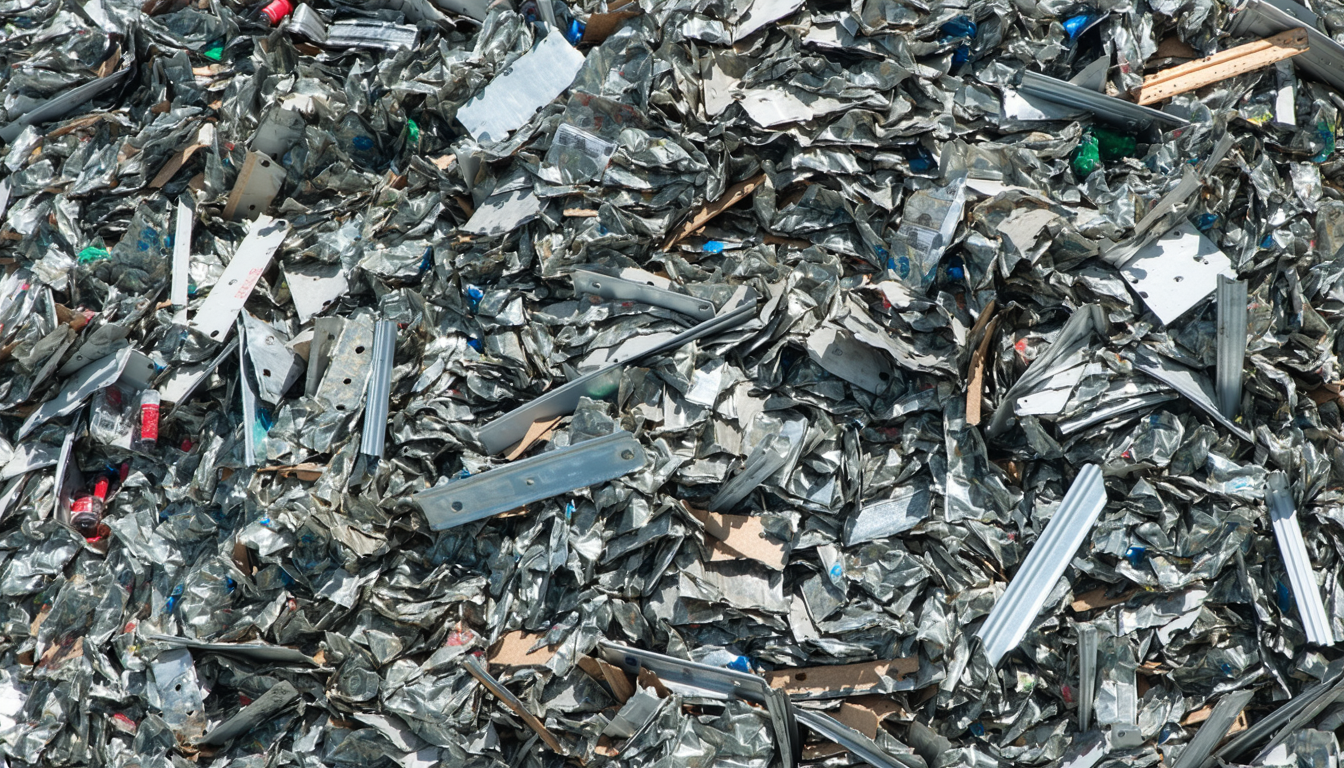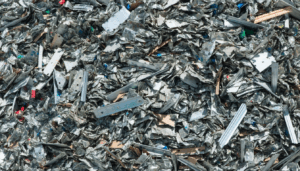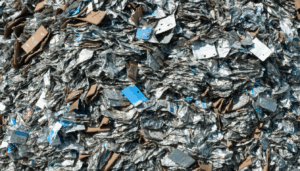Introduction
In the heart of North Carolina, Asheville metal recycling has emerged as a vital component of the region’s sustainability efforts and economic growth. As environmental concerns mount and the demand for recycled materials rises, local businesses and residents are increasingly turning to metal recycling to reduce waste and conserve resources. This article explores the latest developments in Asheville’s metal recycling sector, including key initiatives, economic impacts, and future prospects. From innovative technologies to community-driven programs, discover how Asheville is shaping a greener future through metal recycling.
The Rise of Asheville Metal Recycling
Asheville, known for its vibrant arts scene and natural beauty, is also becoming a hub for sustainable practices like metal recycling. Local recycling centers have reported a significant uptick in scrap metal collections over the past five years. According to data from the North Carolina Department of Environmental Quality, the state processed over 1.2 million tons of scrap metal in 2022, with Asheville contributing a notable share through its numerous facilities.
This growth is driven by both environmental awareness and economic incentives. Businesses and individuals can earn money by selling scrap metals such as aluminum, copper, and steel, while also reducing landfill waste. The trend reflects a broader national push toward circular economies, where materials are reused rather than discarded.
Economic and Environmental Impacts
The impact of Asheville metal recycling extends beyond just waste reduction. Economically, the industry supports hundreds of jobs in collection, processing, and distribution. A 2023 report by the Institute of Scrap Recycling Industries (ISRI) highlighted that North Carolina’s recycling sector contributes over $2 billion annually to the state’s economy, with Asheville playing a pivotal role due to its strategic location and active community participation.
Environmentally, recycling metal conserves natural resources by reducing the need for mining and energy-intensive production processes. For every ton of steel recycled, approximately 2,500 pounds of iron ore and 1,400 pounds of coal are saved, as per ISRI statistics. This makes Asheville’s efforts crucial in combating climate change and preserving local ecosystems.
Community Involvement and Innovation
One of the standout features of Asheville metal recycling is the strong community involvement. Local organizations and schools often host scrap metal drives to fund projects while educating residents on sustainability. Additionally, recycling centers like Asheville Metal Recycling LLC have introduced advanced sorting technologies to improve efficiency and handle larger volumes of materials.
According to John Harper, a sustainability expert at Western Carolina University, “Asheville’s commitment to metal recycling is a model for other cities. Their blend of community engagement and technological innovation ensures that more materials are diverted from landfills.” Such initiatives not only boost recycling rates but also foster a culture of environmental responsibility.
Challenges Facing the Industry
Despite its successes, Asheville metal recycling faces several challenges. Fluctuating global metal prices can affect profitability for local recyclers, making it harder to sustain operations during market downturns. Additionally, contamination of scrap loads—when non-metal items are mixed in—remains a persistent issue that slows down processing and increases costs.
Another concern is public awareness. While many residents participate, some still lack knowledge about what metals can be recycled or where to take them. Addressing these gaps through education campaigns and better access to facilities could further strengthen the industry’s impact.
Future Prospects for Asheville Metal Recycling
Looking ahead, the future of Asheville metal recycling appears promising. With federal and state governments pushing for greener policies, funding for recycling infrastructure is expected to increase. The Biden administration’s 2023 infrastructure plan includes provisions for enhancing recycling programs, which could benefit local operations in Asheville.
Experts also predict a rise in demand for recycled metals as industries shift toward sustainable manufacturing. This trend could position Asheville as a key supplier of raw materials, further boosting its economy. However, stakeholders must address current challenges to ensure long-term growth and stability.
Conclusion
Asheville metal recycling stands as a testament to how local action can drive significant environmental and economic benefits. From reducing waste to creating jobs, the industry plays a critical role in shaping a sustainable future for North Carolina. As challenges like market volatility and public awareness persist, continued innovation and community support will be essential. With promising developments on the horizon, Asheville is well-poised to lead by example in the national push for sustainability through metal recycling.
Frequently Asked Questions (FAQ)
- What types of metals can be recycled in Asheville?
Most ferrous (iron-based) and non-ferrous metals, including aluminum, copper, brass, steel, and iron, can be recycled at local centers. - Where can I recycle metal in Asheville?
Facilities like Asheville Metal Recycling LLC and other scrap yards accept metals from individuals and businesses. Check their websites for specific guidelines. - Why is metal recycling important for Asheville?
It reduces landfill waste, conserves resources, supports local jobs, and contributes to environmental sustainability. - How can I get involved in Asheville metal recycling?
Participate in community scrap drives, educate yourself on recyclable materials, and contact local centers for drop-off or pickup options.





